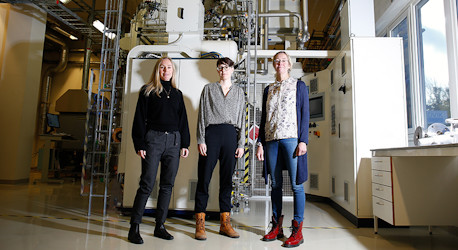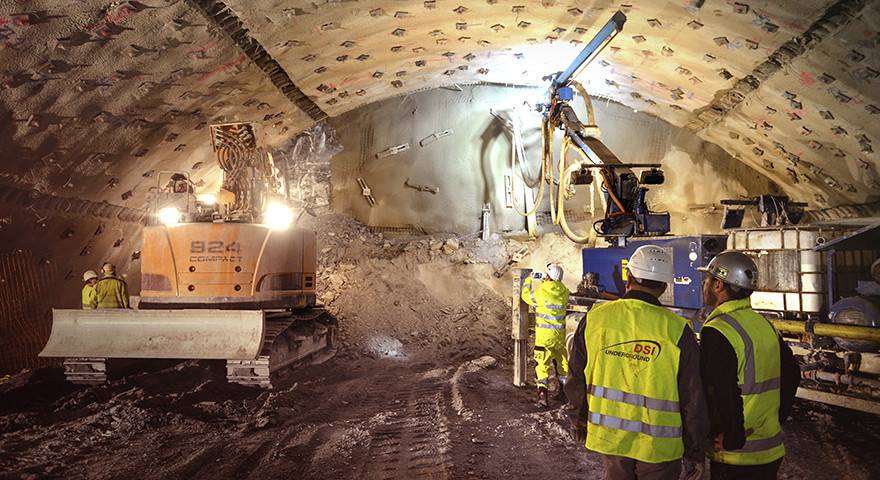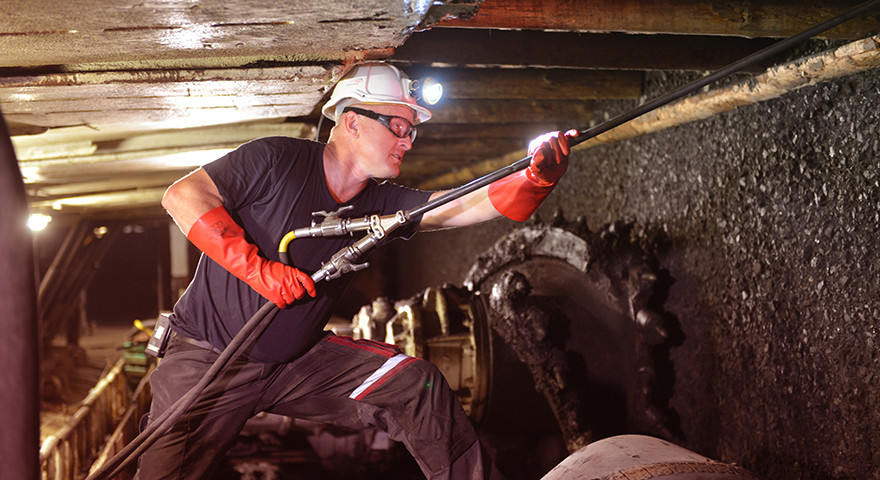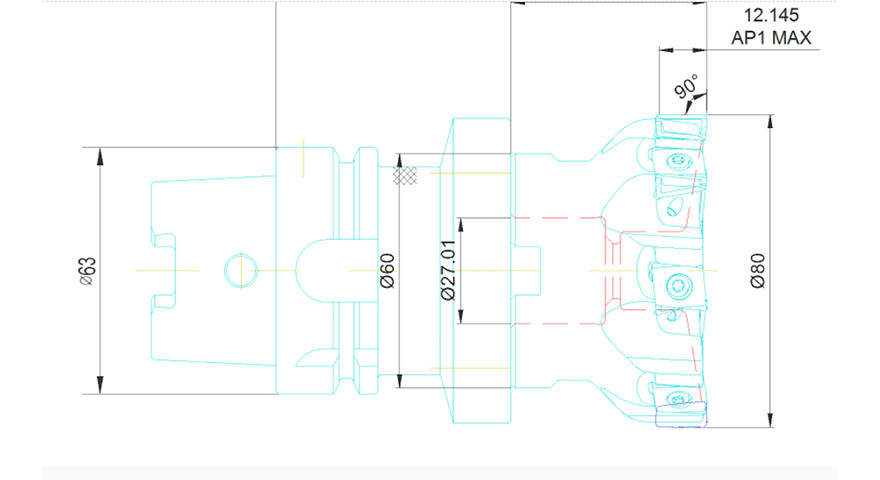Looking beyond cobalt

Looking beyond Cobalt: Sustainable Solutions for a Greener Future
In the wake of increasing environmental awareness and the urgent need for sustainable practices, the global focus has shifted towards finding alternatives to the mining and use of cobalt. Cobalt, a crucial component in lithium-ion batteries, has long been associated with ethical and environmental concerns. As the world seeks to reduce its carbon footprint and create a greener future, it’s essential to explore alternatives to cobalt.
The Cobalt Conundrum
Cobalt is predominantly mined in countries like the Democratic Republic of Congo, where mining practices often involve child labor and disregard for environmental regulations. This has led to calls for more responsible sourcing of cobalt. Additionally, the environmental impact of mining, coupled with the scarcity of cobalt reserves, makes it imperative to seek sustainable alternatives.
Lithium-Ion Batteries and Beyond
Lithium-ion batteries have become the standard for various applications, from powering electric vehicles to storing renewable energy. However, their reliance on cobalt has raised concerns. Researchers and innovators worldwide are exploring alternative materials that can offer similar or even better performance without the ethical baggage.
Nickel-Manganese-Cobalt (NMC) Batteries
NMC batteries are gaining traction as a promising alternative to traditional lithium-cobalt batteries. These batteries use a combination of nickel, manganese, and a reduced amount of cobalt. By reducing the cobalt content, NMC batteries mitigate some of the ethical concerns while maintaining high energy density and performance.
Solid-State Batteries
Solid-state batteries are another breakthrough in the world of energy storage. Unlike traditional lithium-ion batteries, they use solid electrolytes instead of liquid, which enhances safety and allows for the use of different materials. Solid-state batteries can be designed with minimal or no cobalt, making them a sustainable choice for the future.
Lithium Iron Phosphate (LiFePO4) Batteries
LiFePO4 batteries are known for their longevity and safety. These batteries contain no cobalt and are particularly suited for stationary energy storage systems, such as those used in renewable energy installations. Their durability and eco-friendly composition make them an attractive alternative.
Recycling and Circular Economy
Reducing our dependence on cobalt also involves better recycling practices. Recycling lithium-ion batteries can recover valuable materials like cobalt, lithium, and nickel. Companies are investing in advanced recycling technologies to extract and reuse these materials, reducing the need for fresh mining.
Beyond Batteries: Cobalt-Free Technologies
It’s not just batteries that are driving the demand for cobalt alternatives. Industries like aerospace, electronics, and healthcare also use cobalt-based materials. Research into cobalt-free alloys, superalloys, and catalysts is underway to ensure sustainability across various sectors.
Conclusion
The shift away from cobalt is not just an environmental necessity; it’s also a business opportunity. Companies that invest in sustainable materials and technologies stand to benefit from a growing market demand for greener alternatives. By looking beyond cobalt, we can usher in a future where technology and sustainability go hand in hand, creating a cleaner, more ethical world for generations to come. As the world moves forward, it’s crucial that we embrace these alternatives and make conscious choices that pave the way for a greener and more sustainable future.







